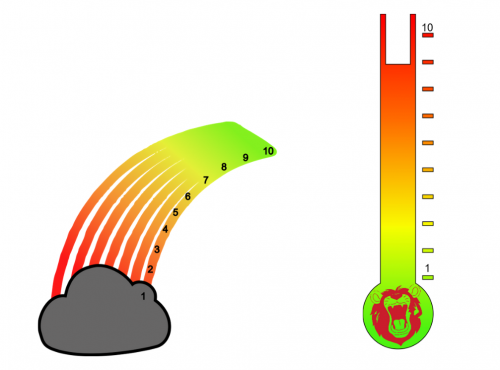About the ROAR Response Programme
Developed and delivered by Merseyside Youth Association’s RAISE mental health promotion team, each ROAR programme is underpinned by research, resources and evidence-based practice and is written with the delegate in mind. All of our courses have been trialled with excellent feedback, and each course is split into several different modules, allowing for flexibility when delivering.
With all of our ROAR Courses, it is a first-line response aimed at equipping front line professionals with the tools to provide early intervention and support to children and young people experiencing mental distress.
ROAR also recognises the importance of building resilience in children and young people. Feedback from a Liverpool citywide review showed, 93% of respondents would benefit from more training around this. The ROAR response offers top tips for staff around building resilience concerning specific mental health needs. It will also help staff spot the signs and symptoms of a child or young person experiencing problems with their mental health.
ROAR tools and resources
Schools will become accustomed to using a range of tools, including the ROAR thermometer – used to measure single units of distress, and the ROAR rainbow – used to gauge a child’s mental well-being level.

Access to ROAR resources
Once trained in ROAR, staff will have access to a selection of printable resources and lesson plans for use across the school. They will also be invited to networking events with other ROAR trained staff from across the city to share resources, have updated/additional training, and receive support from peers.

ROAR Evaluations
Our ROAR Primary course, our flagship programme, was commissioned by Merseyside’s Violence Reduction Partnership (VRP) who delivered our team at Merseyside Youth Association to deliver mental health first aid training to 300 members of schools staff throughout Merseyside between December 2019 and March 2020. This evaluation report outlines the success of the initiative across the five localities and feedback from delegates
Read the evaluation report here

